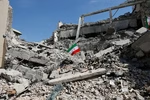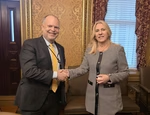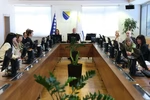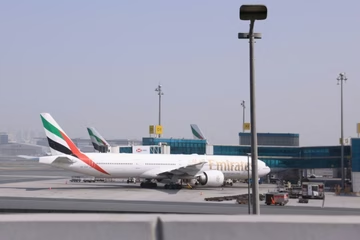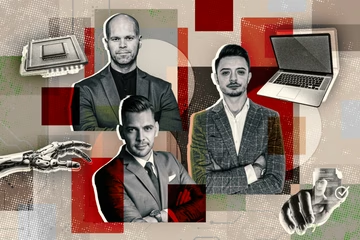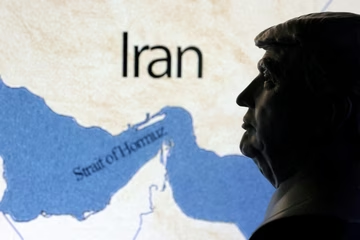
Members of the Roma community are particularly vulnerable to becoming victims of human trafficking, emphasized the Faros Association on the occasion of European Anti-Trafficking Day. According to Faros, the groups most affected by human trafficking are young women and mothers with multiple children.
Oglas
Among this socially marginalized group are both citizens of Bosnia and Herzegovina and nationals of neighboring countries—Serbia, North Macedonia, Montenegro, and Croatia—who live in Bosnia and Herzegovina and have formed families with BiH citizens. Some of them lack residency status in Bosnia and Herzegovina and often require assistance with obtaining residency.
Mirsada Bajramovic, a lawyer and director of the non-governmental organization "Children's Land in BiH" in Tuzla, explained that foreigners without legal residency in Bosnia and Herzegovina are always at high risk of becoming victims of human trafficking, particularly from exploitative organized crime groups.
Ingrid Halbritter, project coordinator at the Faros Association, noted that foreigners without residency in BiH are legally invisible. "Foreigners who do not have approved residency in BiH cannot establish a legal employment relationship, lack health insurance, and therefore have limited or no access to the healthcare system. They also do not have access to social services. The situation is particularly problematic for those without personal documents, as they cannot obtain them without support from their country of origin. Children of these women cannot be registered in the civil registry and are effectively stateless," Halbritter said.
The Faros Association has been supporting foreigners in social need to obtain legal status in Bosnia and Herzegovina for several years. "Together with our beneficiaries, we visit state institutions, obtain documents from the country of origin and from BiH, and cover taxi costs, enabling them to secure temporary residency permits, extend their stay, and ultimately acquire BiH citizenship," Halbritter added.
Faros emphasized that socially vulnerable foreigners without residence permits should not be viewed solely as lawbreakers, but primarily as potential victims of human trafficking in need of special protection and support. "These individuals need a form of positive discrimination and support from state institutions and the civil sector so they can achieve their human, social, economic, and political rights and be more resilient to all forms of human trafficking. Close cooperation between state and non-governmental actors is essential," Halbritter stressed.
Faros provides free legal counseling and guidance for initiating the residency legalization process. They invite affected foreigners in social need requiring assistance in obtaining personal documents and residence permits to reach out via email at [email protected].
Faros has also addressed the issue of illegal residency in BiH through a video titled "Invisible People." The activity is part of the project "Lighthouse of Freedom: Our Path to Protecting the Roma Population from Human Trafficking," supported by USAID through the USAID/INSPIRE Human Rights Protection Program, as stated by the Faros Association.
Kakvo je tvoje mišljenje o ovome?
Učestvuj u diskusiji ili pročitaj komentare
Oglas
Kakvo je tvoje mišljenje o ovome?
Učestvuj u diskusiji ili pročitaj komentare
Oglas
NAJČITANIJE
Oglas
Oglas
Najnovije
Oglas
Oglas





 Srbija
Srbija
 Hrvatska
Hrvatska
 Slovenija
Slovenija








